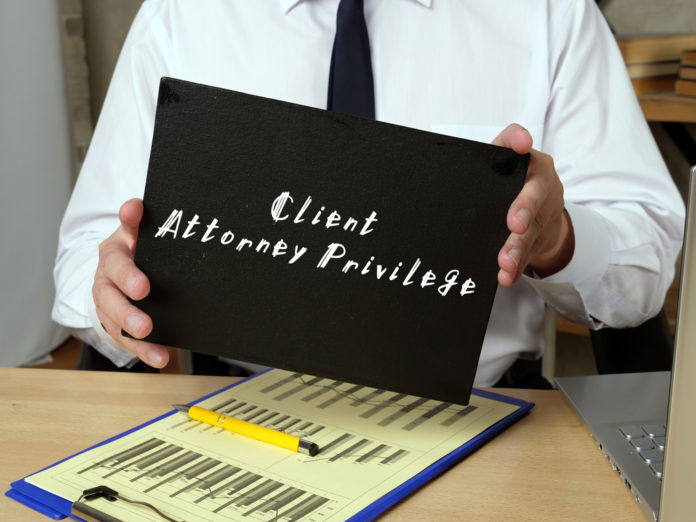The protester alleged an OCI. The agency investigated but refused to disclose documents from the investigation. The agency claimed the documents were privileged. GAO said the agency could assert the privilege, but without documentation, it would sustain the protest.
Guidehouse, Inc., GAO B-421740, B-421740.2
- Alleged OCI – The protester challenged an award. The protester claimed the agency didn’t adequately investigate a conflict. Specifically, the chair of the technical evaluation had previously worked for the awardee.
- Assertion of Privilege – The record showed the agency had investigated the conflict. But the agency refused to provide any documentation from the investigation. The agency claimed the investigation was protected by the attorney-client privilege. GAO said it was the agency’s prerogative to assert the privilege. However, the absence of documents inhibited GAO’s ability to determine whether the agency’s actions were reasonable. GAO concluded the agency failed to properly document its actions.
- Defective Investigation – GAO also noted that based on what the agency had disclosed, it didn’t appear the agency conducted a thorough investigation. The record contained conflicting information as to whether the evaluator still had a financial internet in the awardee. Additionally, it didn’t appear the agency had consideted the evaluator’s role in formulating the solicitation and whether her role favored the awardee.
The protester is represented by Brian G. Walsh, Tracey Winfrey Howard, Cara L. Sizemore, Jennifer Eve Retener, and Morgan W. Huston of Wiley Rein LLP. The awardee is represented by David S. Cohen, John J. O’Brien, Pablo Nichols, and Rhina Cardenal of Cordatis LLP. The agency is represented by Stephen Piel of the Department of Defense. GAO attorneys Scott H. Riback and Tania Calhoun participated in the decision.
–Case summary by Craig LaChance, Senior Editor




